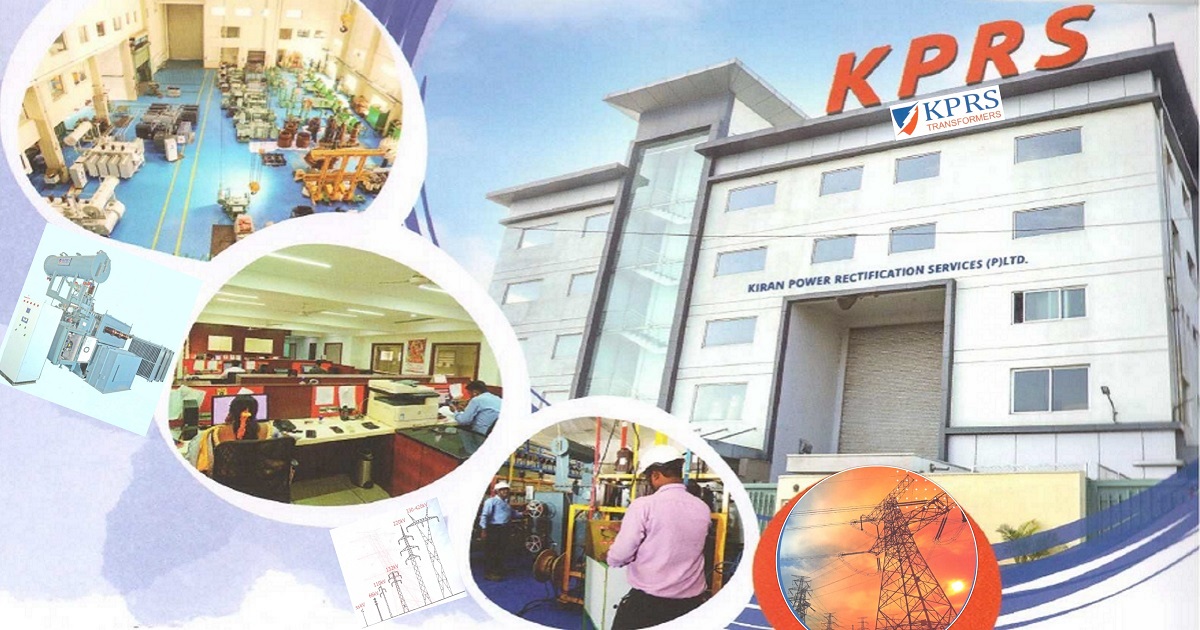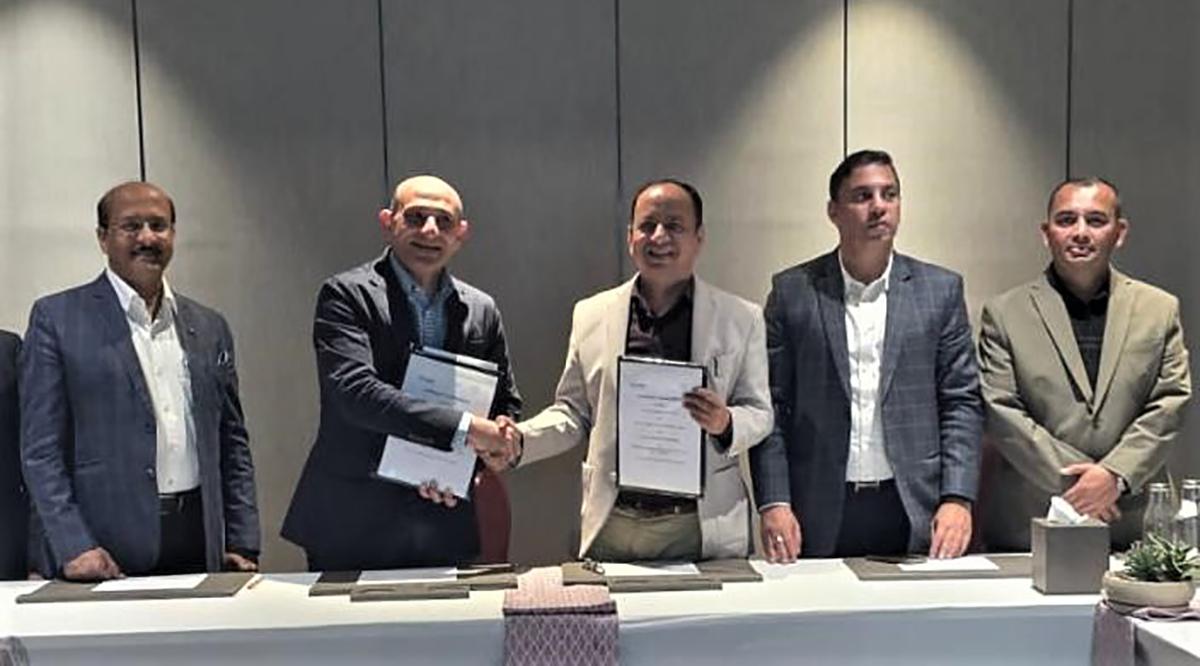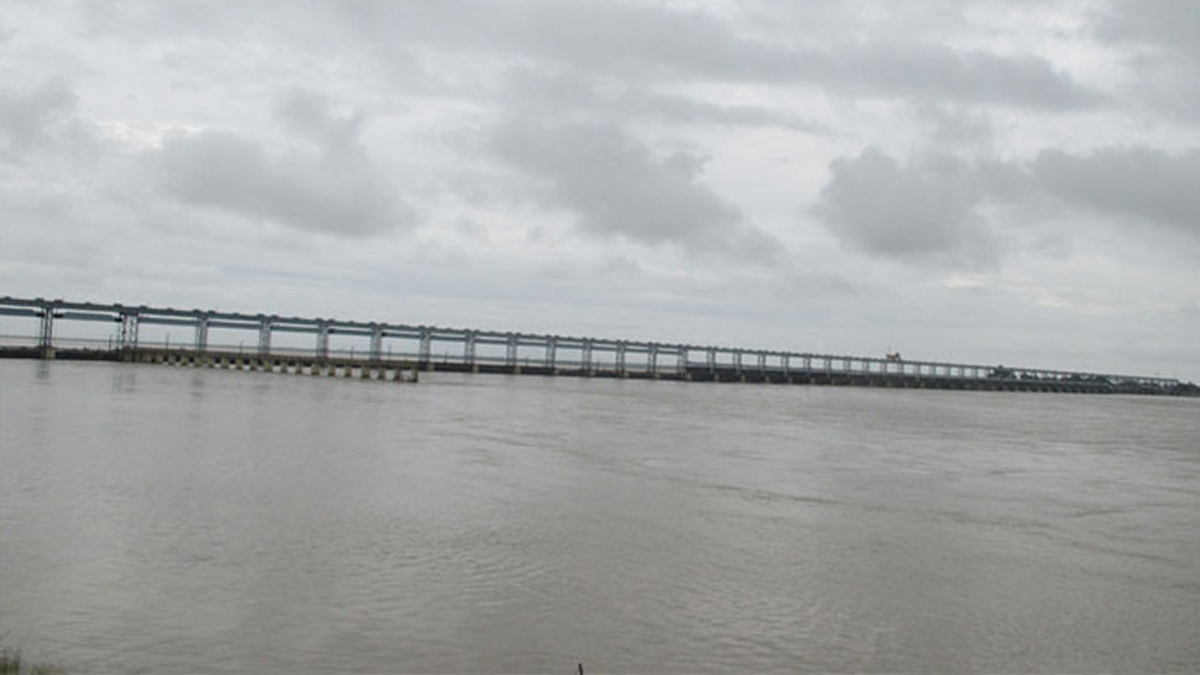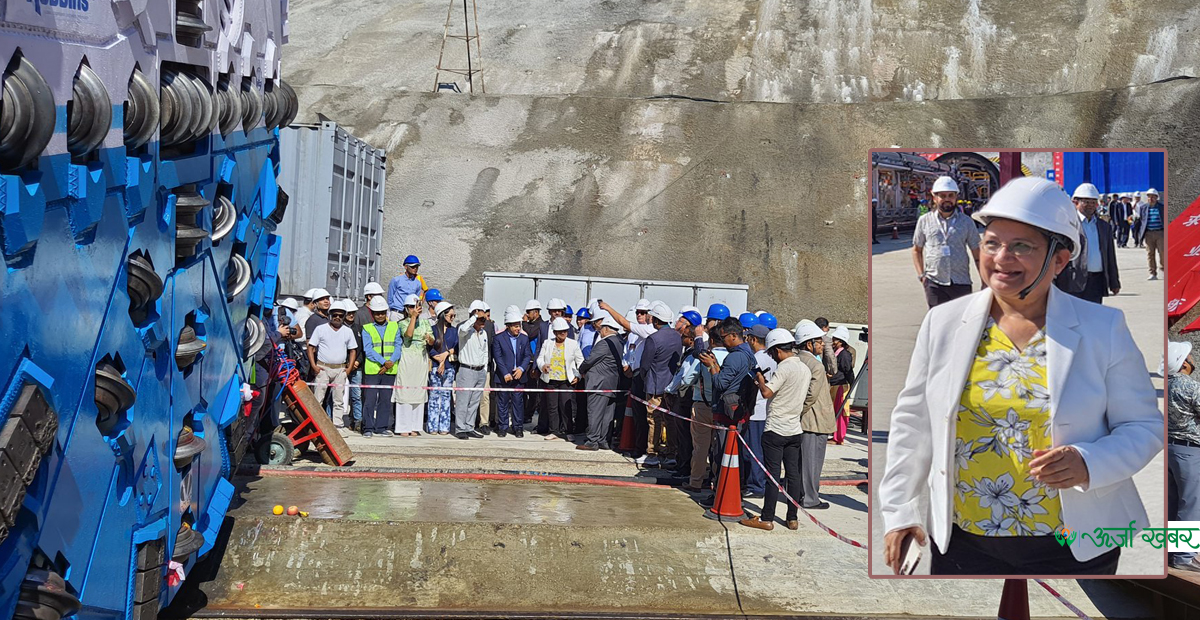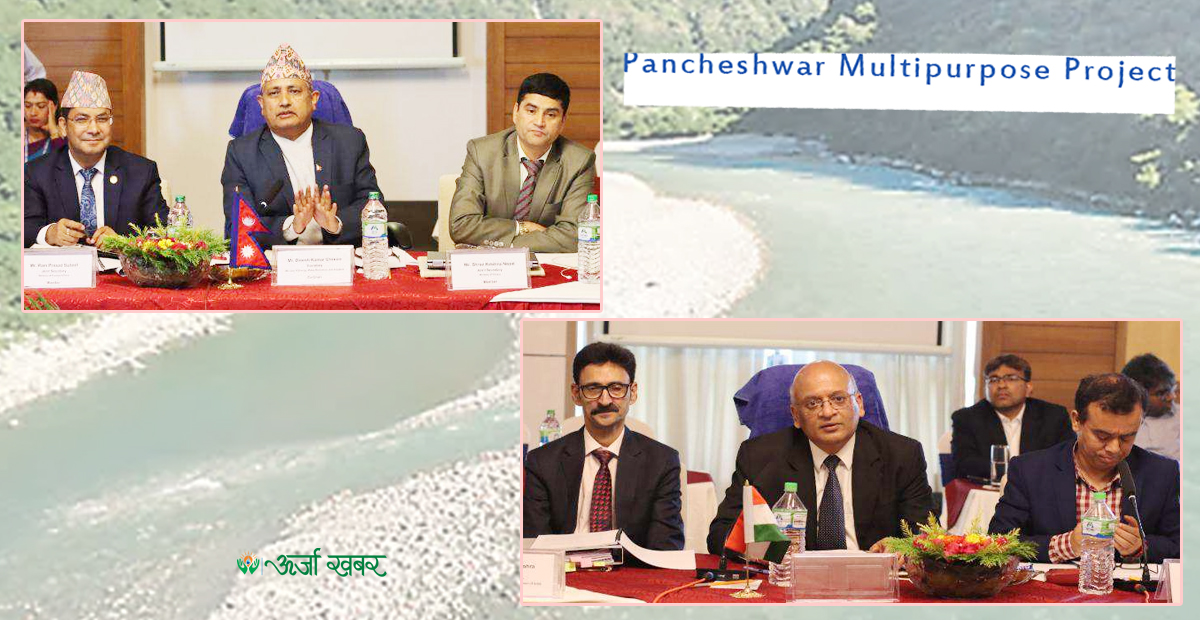Energy Update
Bheri Babai project enters final construction phase
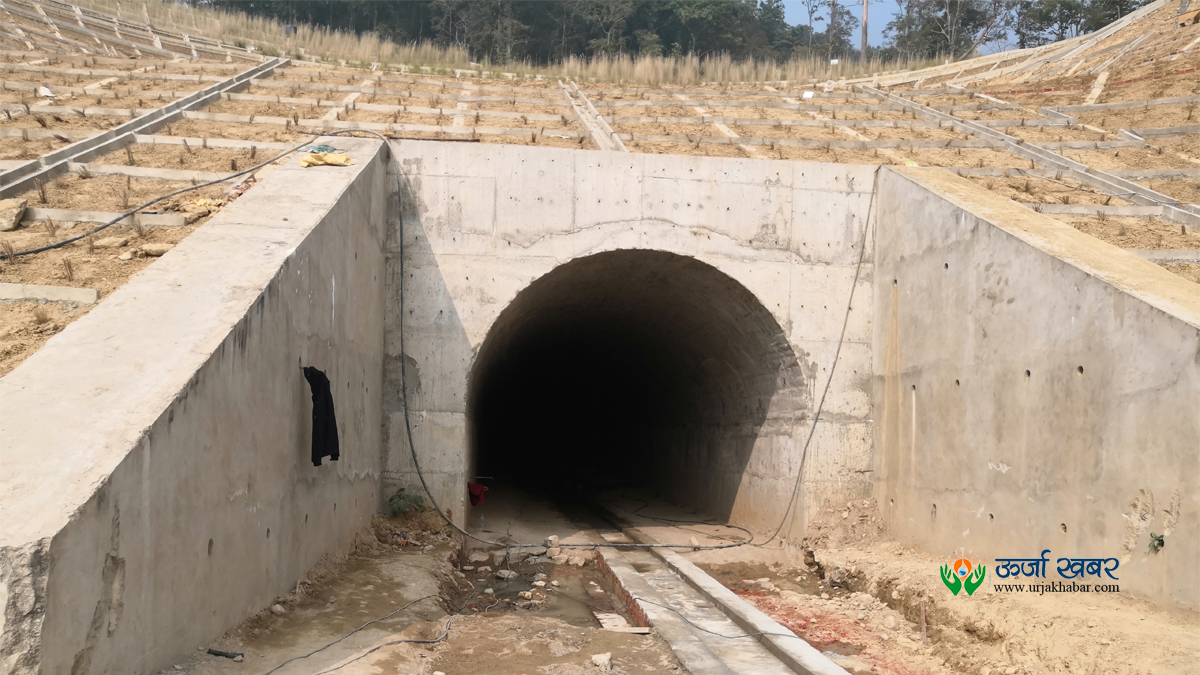
Nepal’s first inter-basin water transfer project in Surkhet in mid-western Nepal has entered its final construction phase with the launch of the hydro-mechanical component, project officials said.
The Rs36.80 billion Bheri Babai Diversion Multipurpose Project has recently signed a Rs2.13 billion contract with China's Zhejiang Orient Engineering Company to build the hydro-mechanical component.

The irrigation-cum-hydropower project is slated to be ready by 2024.
Under the project's inter-basin water transfer scheme, surplus water from the Bheri River will be redirected to the Babai River through a tunnel to irrigate farmlands and generate electricity.

Lekhnath Subedi, information officer and senior divisional engineer of the project, told the Post that the scope of the hydro-mechanical component includes construction of the headworks, powerhouse and dam.
According to him, there had been a dispute over compensation for public land in the project affected area that had been occupied by locals for decades, which has now been settled.
A Cabinet meeting held a few weeks ago decided to pay compensation for 22.81 hectares which had been occupied by locals based on the rates provided for other plots, he said. The squatters had been agitating after the project decided to provide compensation for private land.
According to officials, Rs14.75 billion has been spent on the project so far. It had achieved 38.24 percent financial and 49 percent physical progress as of mid-November.
Currently, the project is undertaking the second phase of the construction, which includes construction of a 15-metre-high dam to divert 40 cubic metres of water per second from the Bheri River to the Babai River. During the dry season, the water flow in the Bheri River is 80 cubic metres per second, according to the project.
A 4.2-metre-wide and 12.2 kilometre-long tunnel will carry the water which will be used to irrigate 51,000 hectares of land round the year in Banke and Bardia districts. The project will also generate 46.8 megawatts of electricity.
The project said that in terms of utilisation of water resources, this is one of the most attractive multi-purpose projects in Nepal.
The irrigation-cum-hydroelectric project is one of the strategic projects of the country, as it is expected to ease the food crisis in the mid-western region by increasing agricultural yield.
The second phase of the project has been awarded to Raman Guangdong JV for the construction of the dam by August 14, 2023. The Rs6.16 billion contract was signed on July 30, 2020.
The government had invited bids for the construction of the project in July 2012, but lack of resources and delays in the appointment of a contractor prevented the four-year project from getting off the ground.
The construction of the project was finally inaugurated in April 2015 by the then prime minister, the late Sushil Koirala.
Officially launched in June 2015, the diversion tunnel was completed on April 16, 2019, six months ahead of schedule. The project was undertaken by China Overseas Engineering Group and China Railway No 2 Engineering Group, both under the China Railway Group.
The Chinese contractor handed over the tunnel to the project on September 2, 2020. The tunnel was dug through the hills using a tunnel boring machine, a first in Nepal.
According to the Department of Irrigation, Rs9.88 billion has been paid to the Chinese company for the construction of the tunnel although the agreement was for Rs10.57 billion.
Initially, an inspection of the project was conducted in 1977 as part of a study on the Babai Irrigation Project.
After that, a master plan study done for the Karnali and Mahakali rivers in 1992 by the Japan International Cooperation Agency (JICA) concluded that the Bheri Babai Diversion Project was a priority project for hydropower development in the Karnali Basin. Later in 1998, it carried out further studies on the project's feasibility and studied various options.
The Bheri Babai Diversion Project, after its completion, is expected to make an indirect financial contribution of Rs3.1 billion to the state through agricultural productivity, and a direct revenue contribution of Rs2.1 billion through energy sales.
Conversation

- Info. Dept. Reg. No. : 254/073/74
- Telephone : +977-1-5321303
- Email : [email protected]





